Homily for the Twenty-Second Sunday in Ordinary Time, September 3, 2017, Year A
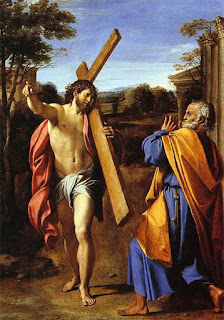
Fr. René J. Butler, M.S. Provincial Superior, La Salette Missionaries of North America Hartford, Connecticut ( Click here for today’s readings ) In the 1932 edition of the Rule of a certain religious order you find this statement: “The professed [= members with vows] cannot be denied anything that is necessary. However, the Superiors occasionally try their inferiors, by giving them an opportunity to feel some privation, and to be made aware of the fact that the poor cannot have everything they could wish for.” How times have changed! The language of “superiors” and “inferiors” is gone from the latest edition (1982), and the very idea of those in charge deliberately depriving others of what they need is unthinkable, repugnant even. Certain things made perfect sense in 1932; they made no sense at all fifty years later. That said, members of religious orders are still by definition different, counter-cultural. They still take the vows of chastity, poverty, and obedience, which
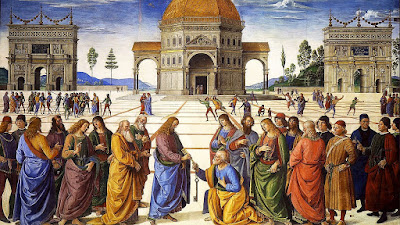

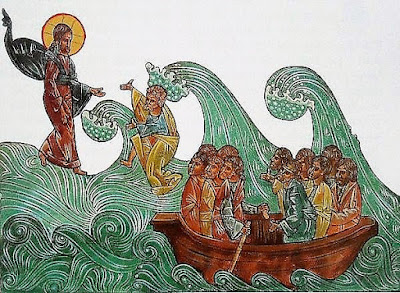
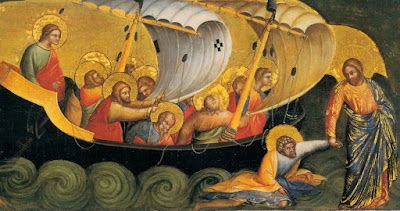

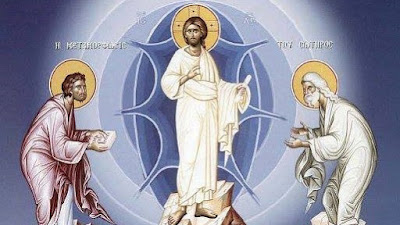
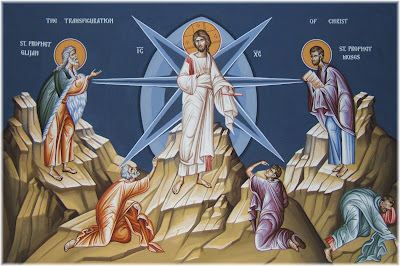
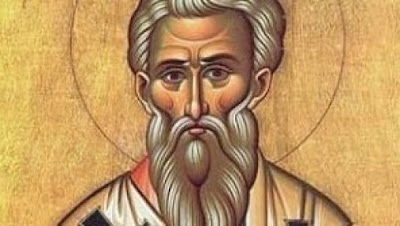

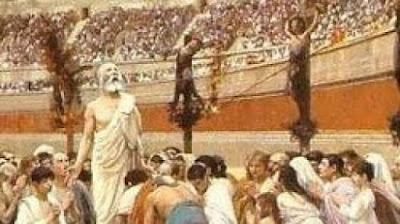
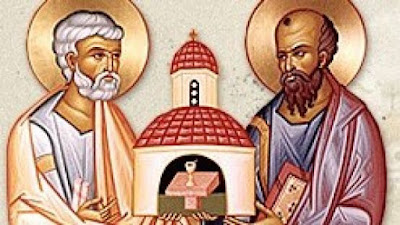
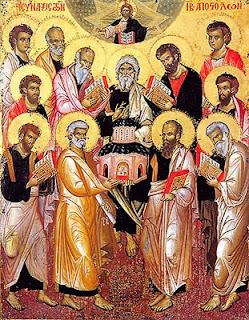
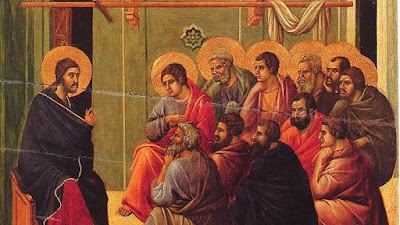
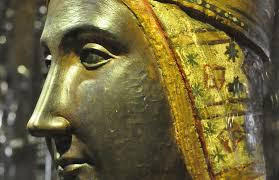
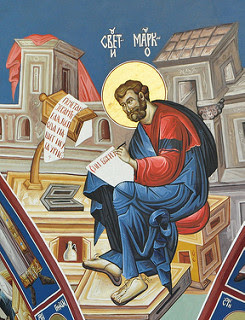

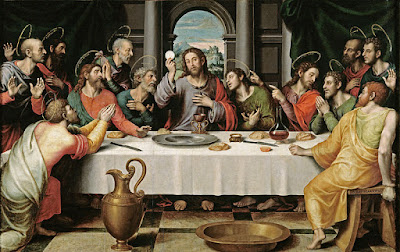
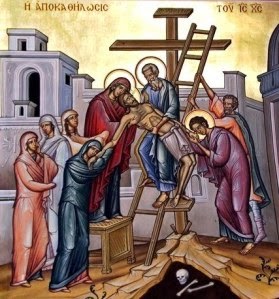.jpg)